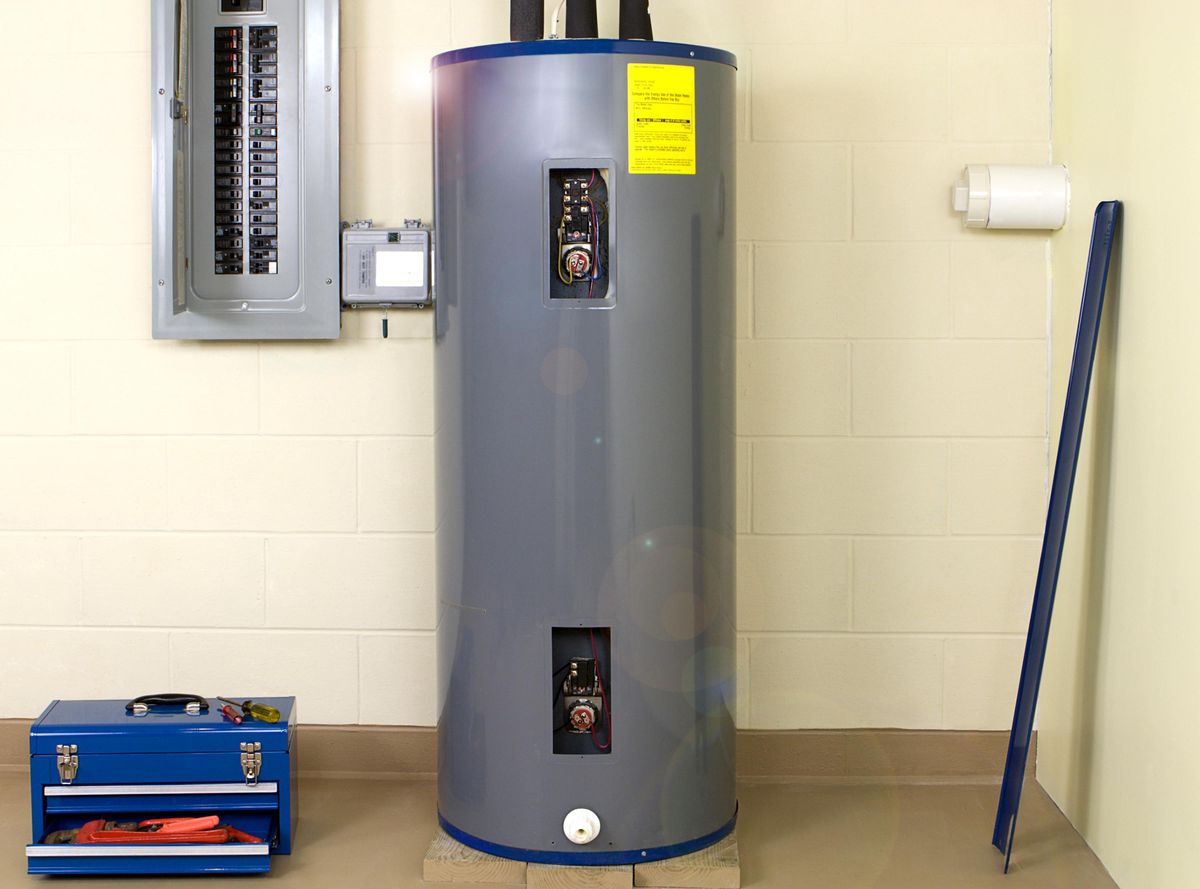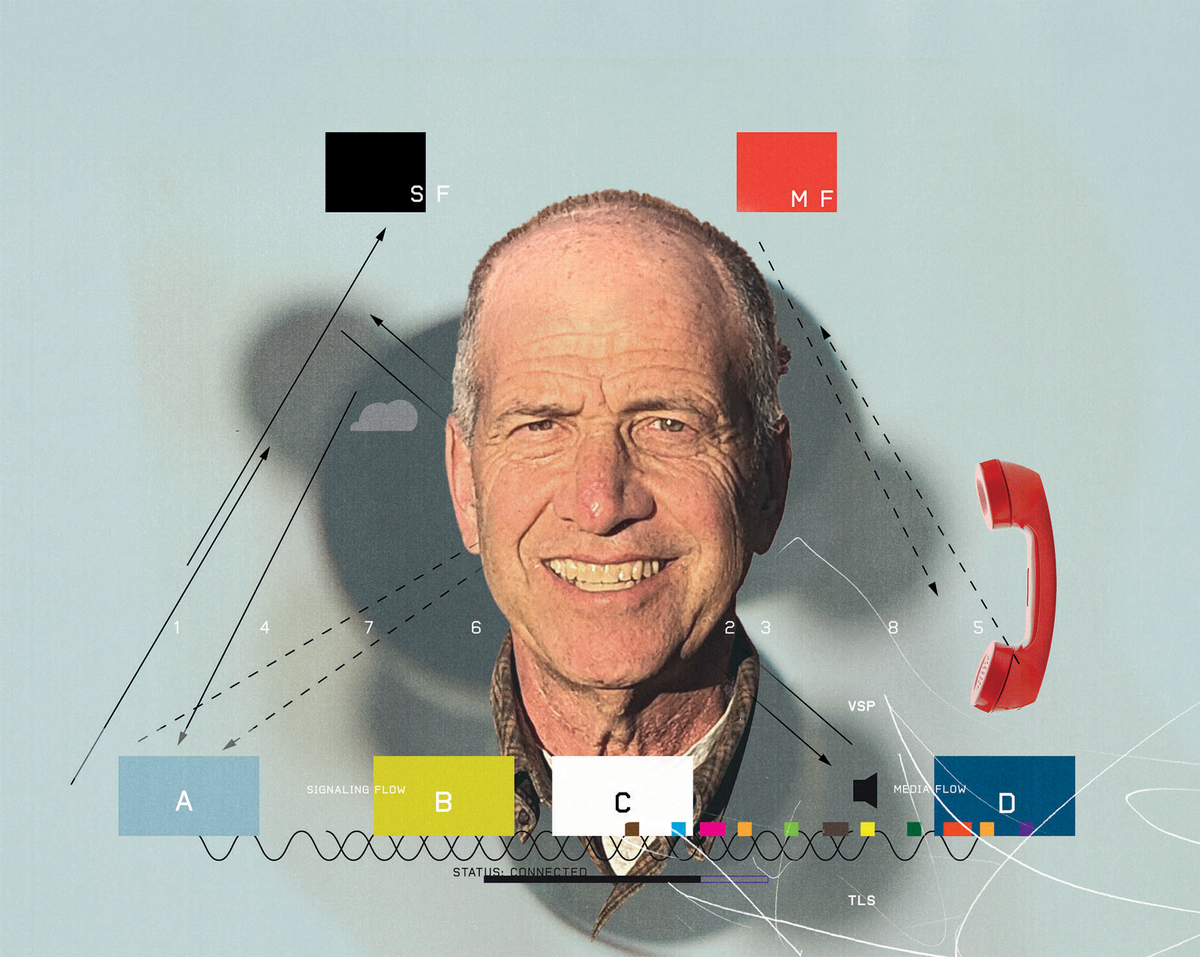This article is part of our exclusive IEEE Journal Watch series in partnership with IEEE Xplore.
Water heaters, according to new research, are looking like more than just water heaters in the modern, renewably powered home. They could, in fact, be something closer to a battery.
The concept is simple but effective—when energy supply is high, it can be stored as heat in the water, and homeowners can reduce their subsequent water-heating demands. This reduced demand is the same (from the perspective of the electricity grid) as excess energy being sold back to it. In a study published earlier this month in IEEE Open Access Journal of Power and Energy, researchers found that water heaters offer an overall more cost-efficient way to store energy when compared with batteries.
Mahan Mansouri, who is currently an expert energy market analyst at Pacific Gas and Electric, conducted the study as part of his Ph.D. dissertation at Ohio State University. He says there are a handful of energy companies that already use electric water heaters as a form of energy storage, and he was interested in exploring the cost efficiency of this approach in more detail.
“An individual water heater represents a very small electricity demand on the scale of a bulk electricity system,” Mansouri says. “However, aggregating thousands or millions of water heaters could be very low cost compared to deploying batteries.” There are already more than 58 million households in the United States with electric water heaters that could be used for this purpose, he adds.
Notably, a number of states, including California and New York, are already taking measures to ensure that new electric water heaters deployed within their jurisdictions are designed to support flexible energy-storage needs, paving the way for wider use in the future.
But how cost effective is this approach compared with using 10-megawatt lithium-ion batteries for energy storage?
In their study, Mansouri and his supervisor, Ramteen Sioshansi, a professor in the department of engineering and public policy at Carnegie Mellon University, used real-world data from California to conduct a technical and economic analysis.
Mansouri says he and Sioshansi chose California because the state relies heavily on rooftop solar panels, which generate an abundance of energy midday, when supply often outstrips demand. “Thus, having the ability to store that energy midday and use it later during the evening when solar output falls would be of great value,” he says.
The results of the study show that batteries are more profitable, since water heaters can store energy for only a couple of hours. For this reason, batteries can provide more revenue to homeowners who are selling their energy back into the grid—yielding an annual operating profit that is almost twice as high as that of the water heater.
However, the study also reveals that, because it is relatively inexpensive to retrofit water heaters to provide flexible energy storage, water heaters have a better overall cost-to-profit ratio compared with that of batteries. Whereas new lithium-ion batteries would need to be purchased by and implemented in every household, water heaters are already in most households—the only additional cost to store and sell energy involves installing automated controls on the heater. Mansouri and Sioshansi found that these costs were about one-third the cost of installing a lithium battery bank.
Although it wasn’t addressed in this particular study, electric companies would need to create an incentive program to compensate water-heater owners to allow their heaters to be used in this way, Mansouri says. “We didn’t study this aspect of the problem, but the electricity industry has had decades of experience with developing incentive schemes for customers to provide other forms of electricity-demand flexibility,” he says. “The key would be to provide enough of an incentive for the water-heater owner, as well as the company that is aggregating the flexibility of multiple water heaters, to use these types of services.”
This article appears in the April 2023 print issue as “Home Water Heaters for Energy Storage.”
- Heat Your House with Someone Else's Computers ›
- How to Prevent Blackouts by Packetizing the Power Grid ›
Michelle Hampson is a freelance writer based in Halifax. She frequently contributes to Spectrum's Journal Watch coverage, which highlights newsworthy studies published in IEEE journals.



